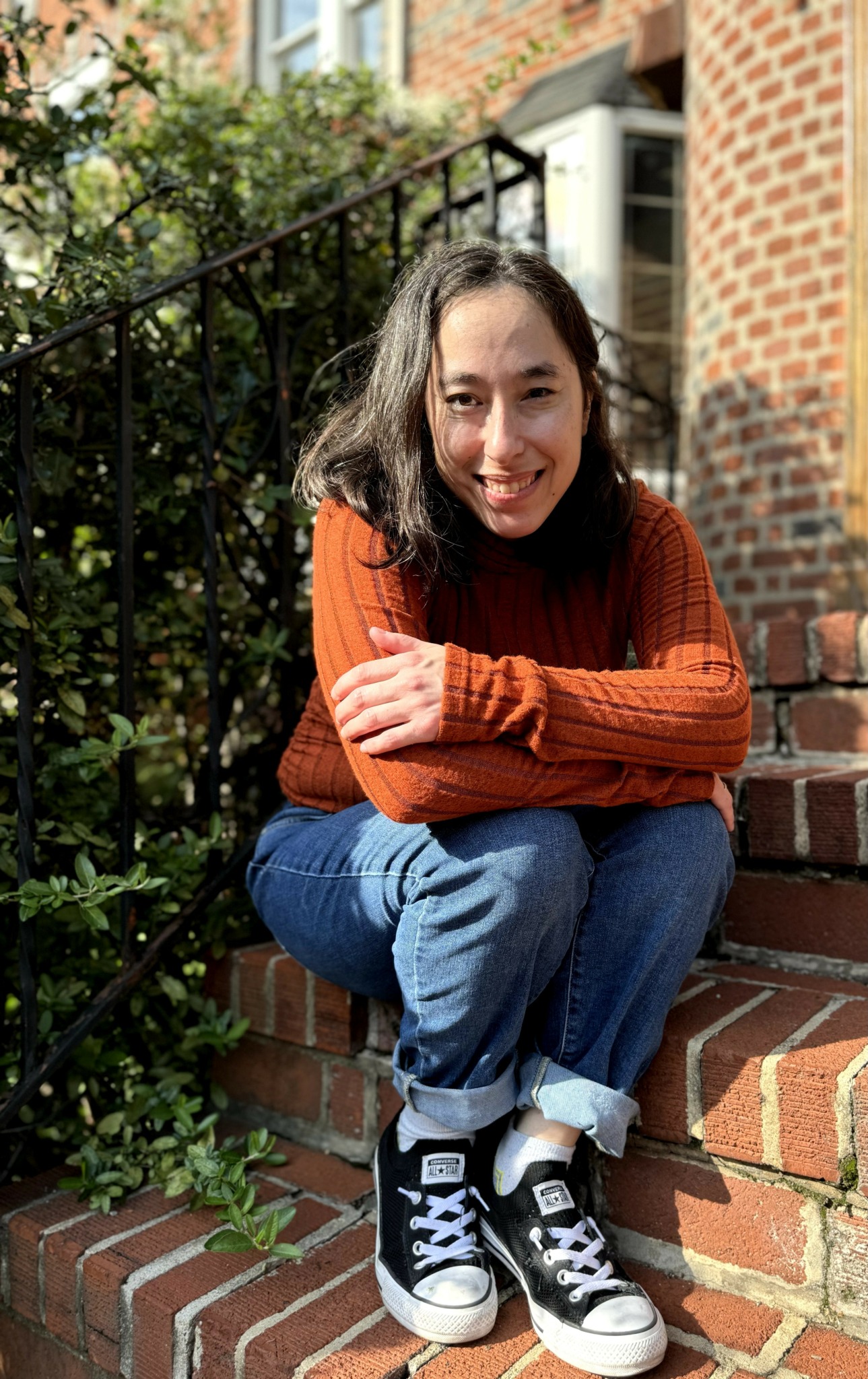We caught up with the brilliant and insightful Tammy Takaishi a few weeks ago and have shared our conversation below.
Tammy, looking forward to hearing all of your stories today. Can you talk to us about how you learned to do what you do?
In terms of podcasting, part of it was taking time to research and explore some shows before I launched in 2021. I’ve mentioned this many times that I spent six months researching. It wasn’t nonstop of course, but it was consistent in terms of getting a general layout of the business side, discovering what style and format I wanted, figuring out what podcast hosting site I wanted to select, and why, as well as cultivating a list of people I wanted on the show. While research can take you far, actually diving in and doing the task can elevate it. For me, personally, I do really well with hands-on learning. So for podcasting, that meant starting and working out the bugs. Figuring out what went well and carrying that on, and learning from missteps. For anyone going into podcasting the best advice I can give which I think is essential is be authentic to yourself, and take time to center/ground before interviews. In terms of speeding up the learning process, I think it’s just doing something and learning as I go. The obstacles that have stood in my way of learning more with podcasting is simply time. I’m fortunate to be pursuing some of my dreams right now, and I can only do so much in a day, but I’m grateful for what I get done, and I regularly try to re-assess my goals.
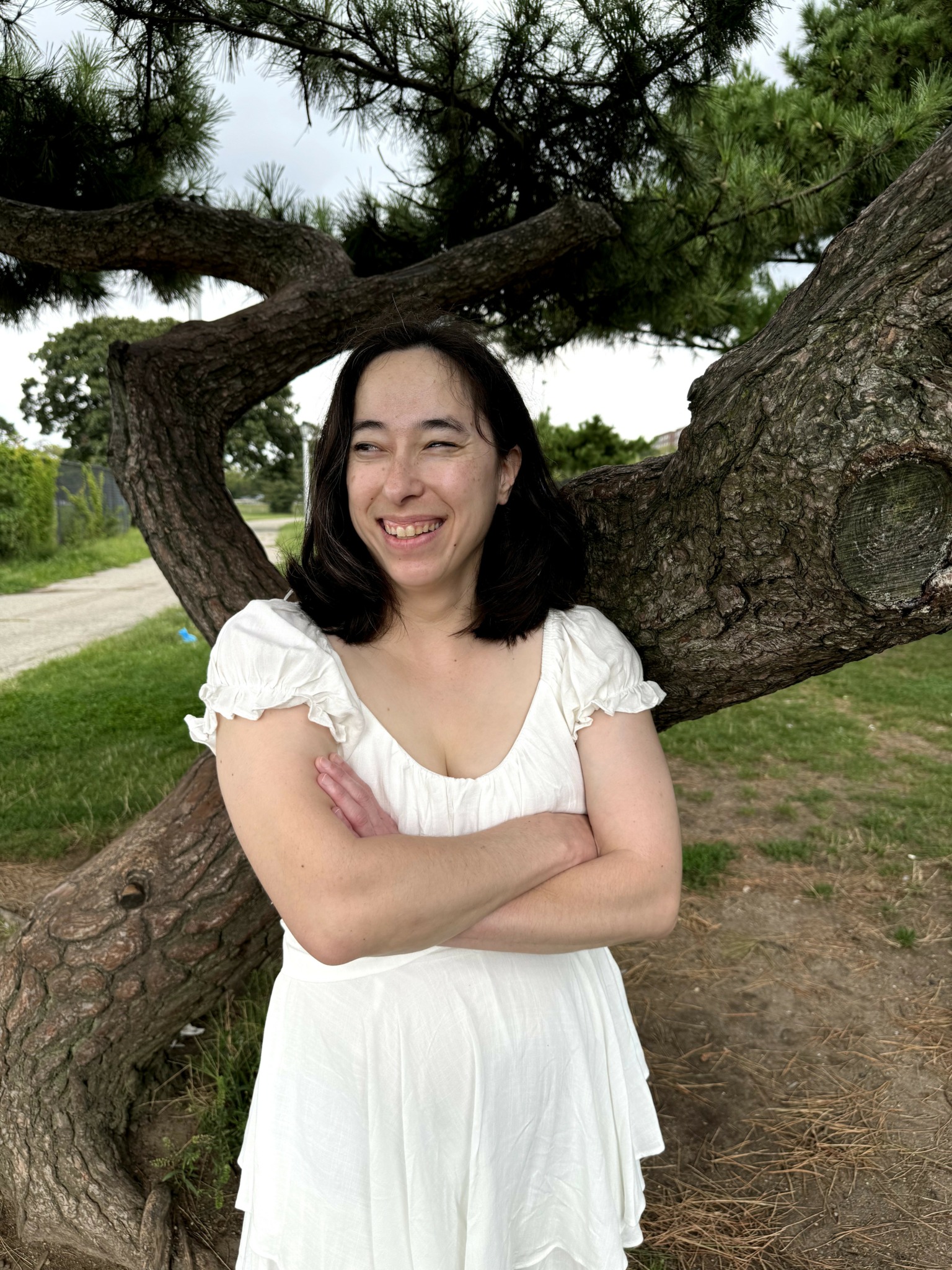
Tammy, love having you share your insights with us. Before we ask you more questions, maybe you can take a moment to introduce yourself to our readers who might have missed our earlier conversations?
I feel so grateful to be doing what I love for a living: music therapy, and podcasting. For music therapy, it was a long-ish road because going into undergrad, and even grad school the first two times, I didn’t really know what I wanted to do in life. I had a few inklings. I knew I wanted to do something music-based, and i knew I loved helping people, and had an interest in a variety of other subjects such as English lit, creative writing, neurology, and psychology. Eventually I found my way to the field of music therapy and it was an instant fit–like a puzzle piece that clicked in perfectly.
For podcasting, I have always loved getting to know people. People have said I’m a great listener. I started by blogging and that quickly became something that wasn’t a good fit for me. It was hard for me to come up with different ideas for entries, and I found myself turning the spotlight away from myself and asking people to guest blog. That’s when I realized there was a buried gem there–the makings of a podcast, so I pivoted to my strengths and interests and the rest is history there!
For those who don’t know about my podcast, Creative Peacemeal, it’s been praised for the authenticity, variety, and inspiration it provides. As of press time, there are 138 original episodes, which new ones releasing most Mondays. You can find it wherever you get your podcasts, and there’s even a YouTube account where I have a few select episodes that are video based as well. So check out the channel!
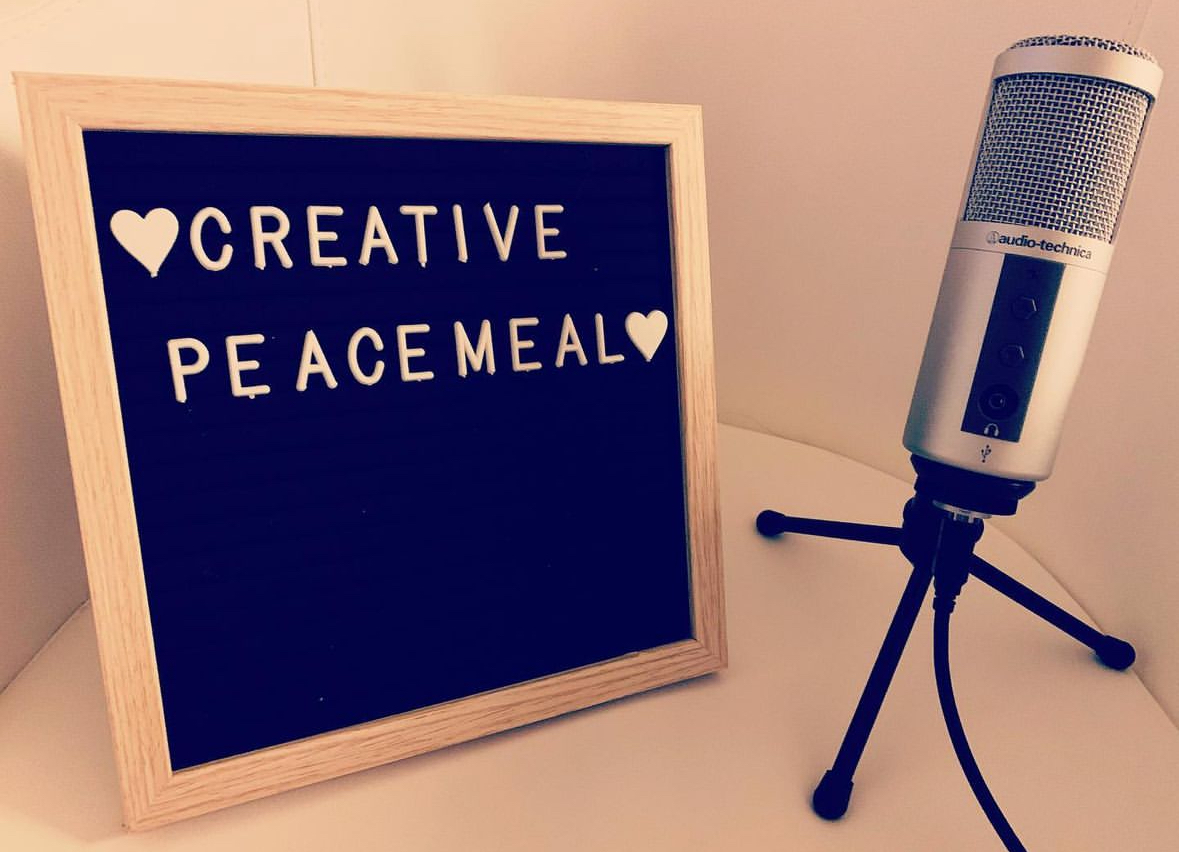
What can society do to ensure an environment that’s helpful to artists and creatives?
This is such an important question, and one that I sometimes posit to my podcast guests in variation. I think sometimes people don’t realize that there’s a variety of ways to support people in the creative fields that cost very little, and sometimes even free! While everyone would appreciate large donations, or having their works sell like hotcakes, or being in a position that they can get paid a salary for their creativity, it’s so important to realize that the smaller shows of support can make an impact as well. Things such as leaving reviews for podcasts, and authors, for example. Sharing music of up-and-coming musicians, and supporting local music, Same for artists! Sharing profiles that resonate with you, going to art shows, buying art that fits into your budget and brings you joy. Or something as simple and lovely as leaving a note of thanks to a person who’s creative work you enjoy–the positive feedback can make a person’s day, and can spur them on to keep creating.
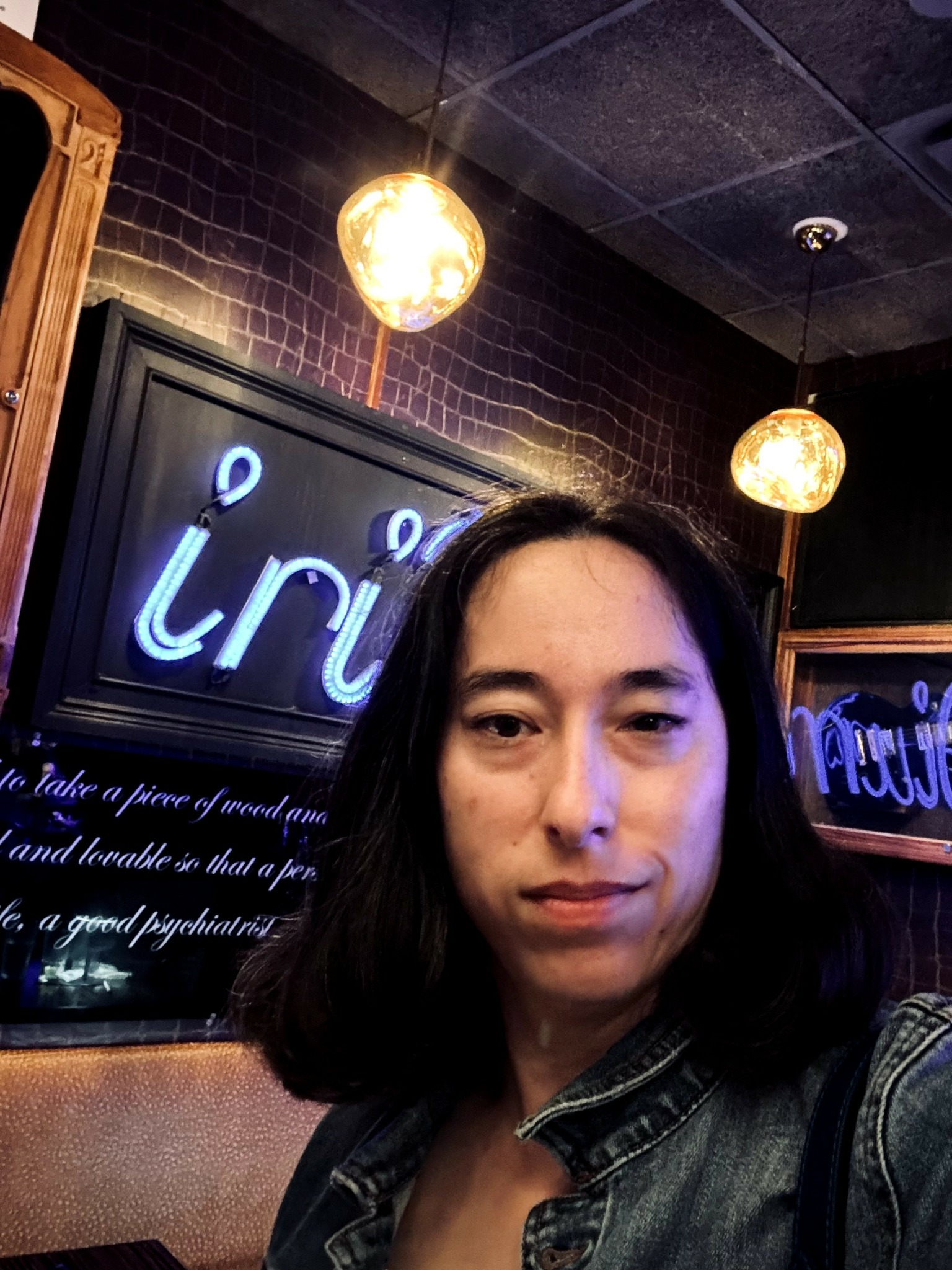
Is there mission driving your creative journey?
The mission driving my creative journey is to inspire persons on their creative journey, and be able to give back to the creative community. And this ties into the previous question about what society can do. It’s no secret that making a life in the arts can be financially fraught. But that doesn’t mean it always has to be. I meet so many people who say “oh, if i won the lottery I’d quit my job and do xyz creative thing.” Or I’ve heard people in the creative fields say “If I had the funds, I’d be able to do this dream project.” Ultimately, I want to be able to set up grants and scholarships to provide to people at various levels of their creative career and help them further their journeys and make their dreams a reality.
Contact Info:
- Website: https://www.creativepeacemeal.com/
- Instagram: https://www.instagram.com/creative_peacemeal_podcast/
- Facebook: https://www.facebook.com/creativepeacemealpod/
- Youtube: http://www.youtube.com/@creativepeacemealpodcast
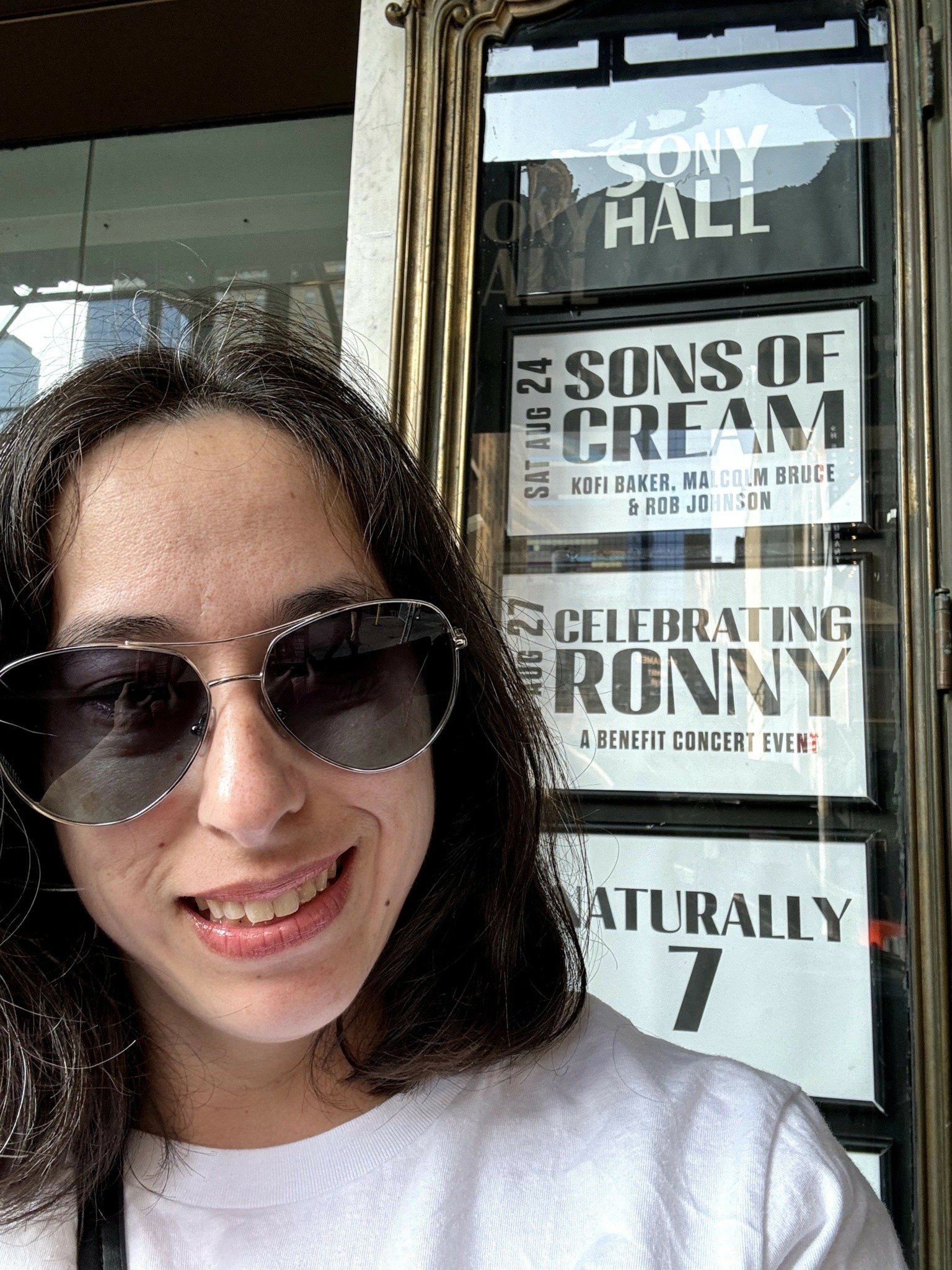
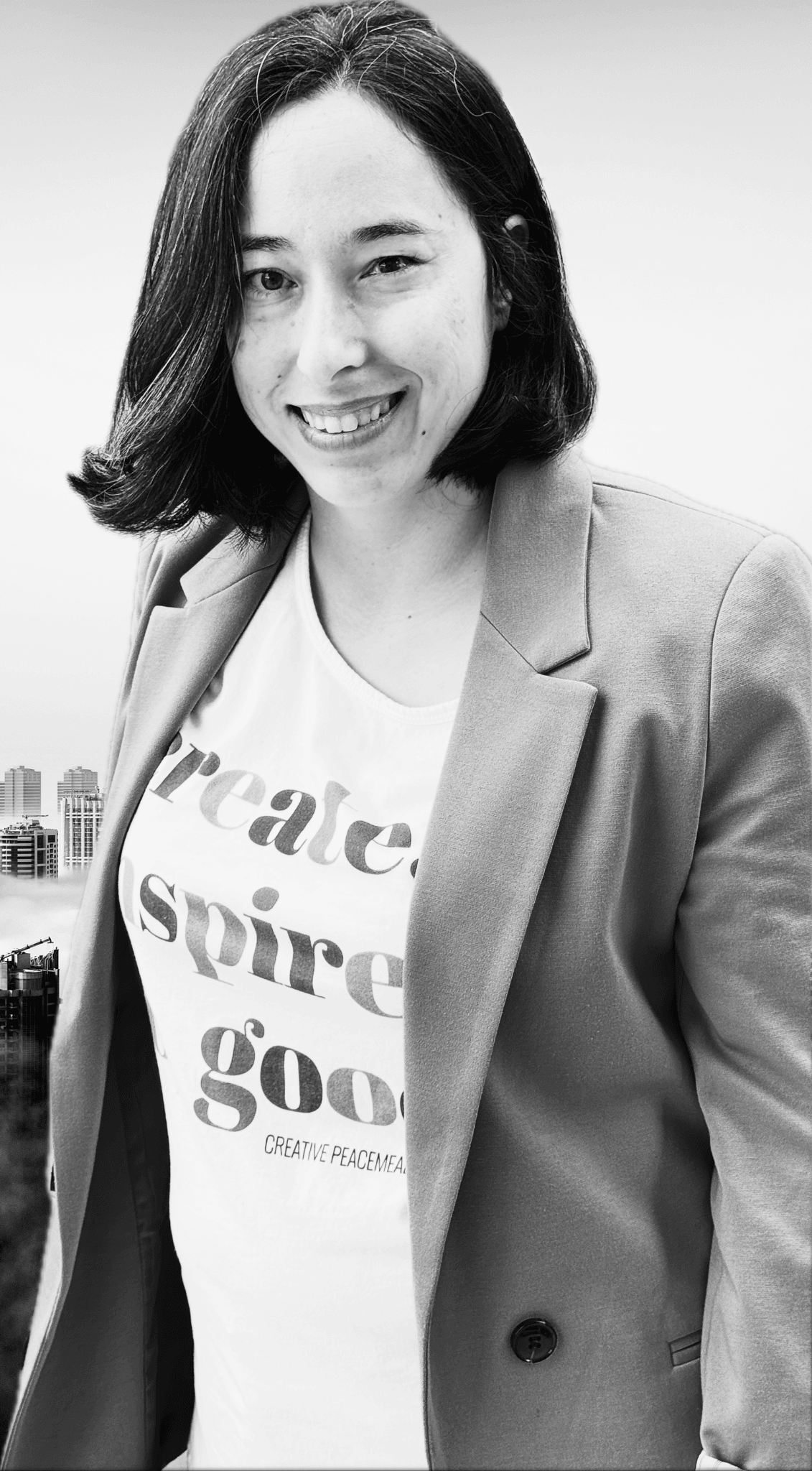
Image Credits
Kathryn Jensen
Tammy Takaishi


